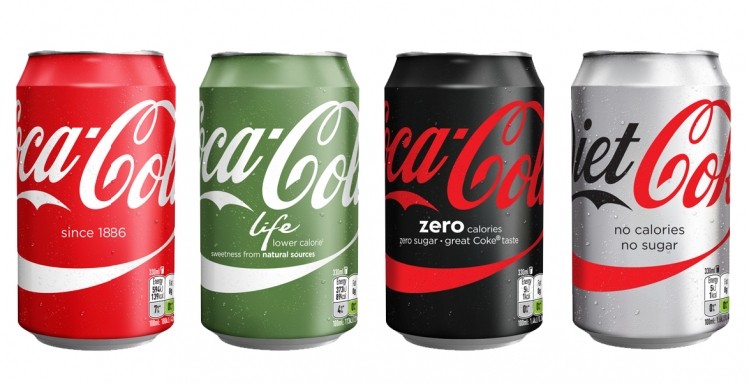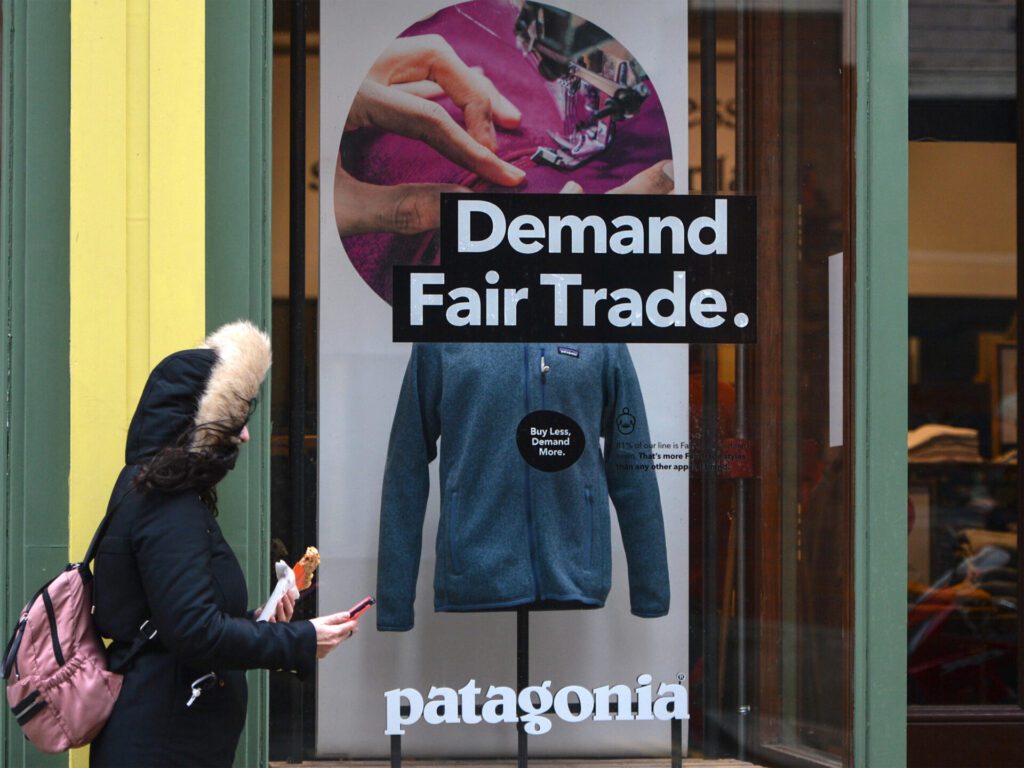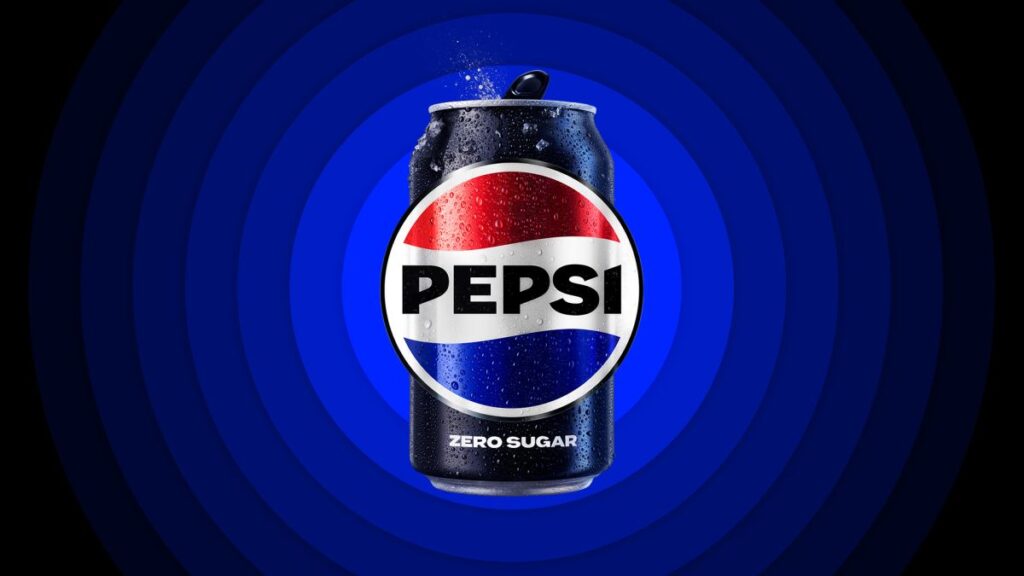Why Adaptability is Important for Enduring Brands

The capacity to change with the times and remain relevant in the eyes of customers is what makes a brand memorable and enduring.
Adaptability is crucial for enduring brands for several reasons, as it allows them to navigate changes in the market, consumer behaviour, and industry trends. In a dynamic world, brands that stand still will wither. Adaptability is the lifeblood of enduring brands, enabling them to navigate shifting winds and secure a lasting place in the hearts and minds of consumers. Here are some key reasons why adaptability is important for enduring brands, along with examples:
Changing Market Dynamics:
Markets are dynamic and subject to continuous change due to technological advancements, economic shifts, and evolving consumer behaviour. Brands that adapt can seize new opportunities and navigate challenges effectively.
Nokia, once a dominant force in the mobile phone industry, failed to adapt quickly to the smartphone revolution. As a result, the brand lost its market share to more adaptable competitors like Apple and Samsung.
Consumer Preferences:
Emerging trends, lifestyle changes, and cultural shifts all influence consumer preferences. Brands that stay attuned to these shifts and adapt their products or services accordingly can maintain consumer relevance.
Coca-Cola is a classic example of a brand that has adapted to changing consumer preferences. In response to the growing demand for healthier beverage options, Coca-Cola introduced a range of low-calorie and sugar-free products, ensuring its relevance in the evolving beverage market.

Technological Advancements:
Technology is a driving force behind industry transformations. Brands that embrace technological innovations can enhance their operations, improve customer experiences, and stay competitive in rapidly evolving sectors.
Amazon started as an online bookstore but quickly adapted to the changing e-commerce landscape. The company expanded its offerings, leveraging technological advancements to become a global online marketplace for a wide range of products.

Competitive Landscape:
Industries are characterised by competition, and market leaders need to adapt to stay ahead. Brands that continuously assess and adjust their strategies can outperform competitors and maintain their market share.
Kodak, a once-dominant player in the photography industry, failed to adapt to the rise of digital photography. In contrast, Fujifilm successfully adapted by diversifying into new areas such as cosmetics, healthcare, and imaging technology.

Globalization:
In a globalised world, brands often expand into new markets. Adapting products, marketing strategies, and operations to suit diverse cultural and regional preferences is essential for success on a global scale.
McDonald’s is known for adapting its menu to cater to local tastes and cultural preferences in different countries. The company’s ability to customise its offerings while maintaining a consistent brand identity has contributed to its global success.

Cultural Relevance:
Cultural norms and values change, impacting consumer expectations. Brands that adapt to shifting cultural landscapes can connect with audiences, avoid controversies, and build positive brand perceptions.
Nike has consistently adapted its marketing strategies to align with changing cultural norms. By embracing inclusivity, diversity, and social issues, Nike has stayed culturally relevant and resonant with its target audience.
Innovation:
Enduring brands prioritise innovation to introduce new products, services, or business models. Adapting to technological and market innovations helps brands stay ahead and meet the evolving needs of consumers.
Apple is a prime example of a brand that continually innovates its products and services. From computers to music players, smartphones, and wearables, Apple’s adaptability and commitment to innovation have kept it at the forefront of technology.

Environmental and Social Responsibility:
Brands adapting to increasing environmental and social awareness can enhance their reputation. Implementing sustainable practices and social responsibility initiatives aligns with changing consumer values.
Patagonia has positioned itself as a brand committed to environmental sustainability. By integrating eco-friendly practices into its business model, Patagonia has not only adapted to changing consumer values but has also built a strong brand image based on social and environmental responsibility.

Regulatory Changes:
Industries are subject to regulatory changes that can affect operations. Brands that adapt to new regulations, compliance requirements, and industry standards can avoid legal issues and maintain public trust.
The tobacco industry has undergone significant changes due to increased regulations and changing attitudes towards smoking. Companies like Philip Morris have adapted by investing in alternative products, such as smoke-free alternatives, to align with evolving regulatory landscapes.

Customer Feedback:
Listening to customer feedback is crucial for brands. Adapting products, services, or processes based on customer input helps build loyalty, improve customer satisfaction, and stay responsive to market demands.
Airbnb continuously adapts its platform based on user feedback. The company’s responsiveness to customer preferences has led to new features, improved user experiences, and a more competitive position in the hospitality industry.

Long-Term Resilience:
Adaptability contributes to the long-term resilience of a brand. Being open to change allows brands to weather economic downturns, disruptions, and unexpected challenges.
Disney’s ability to adapt to disruptions is evident in its response to the COVID-19 pandemic. With theme park closures, Disney shifted focus to its streaming services, emphasising adaptability to maintain revenue streams.

Strategic Evolution:
Enduring brands recognise that strategic evolution is essential for growth. This may involve entering new markets, diversifying product lines, or adopting new business models to stay relevant.
Amazon’s strategic evolution is characterised by its entry into diverse markets. Initially an online bookstore, Amazon expanded into e-commerce, cloud computing (Amazon Web Services), entertainment (Amazon Prime Video), and even groceries (Whole Foods), showcasing strategic diversification.

Employee Engagement:
Brands that foster a culture of adaptability among their employees are better positioned to navigate change successfully. Engaged and adaptable teams contribute to the brand’s overall agility.
Salesforce invests in continuous learning programmes for its employees. By providing training and development opportunities, Salesforce ensures that its workforce stays adaptable and equipped with the skills needed to navigate changes in the technology industry.
In essence, enduring brands recognise the need for adaptability to proactively respond to external changes, maintain relevance, and sustain their long-term success in dynamic and competitive markets.



